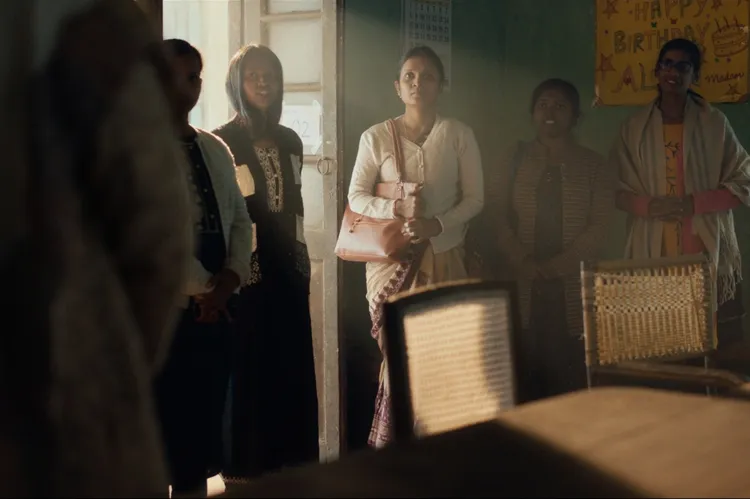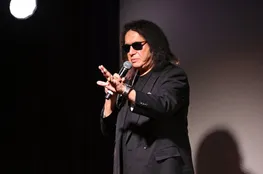Indian filmmakers Kiran Rao and Biju Toppo have joined as executive producers on "Humans in the Loop," a critically acclaimed feature film that shines a spotlight on the urgent issues surrounding artificial intelligence, labor, and the preservation of indigenous knowledge systems. The film, a recipient of the prestigious Fipresci India Grand Prix award, centers around Nehma, an Oraon Adivasi woman whose vital work as an AI data-labeler reveals the often-hidden labor force driving the development of "smart" technologies. Set against the backdrop of Jharkhand, a northern Indian state, the narrative powerfully explores the complex relationship between technological advancement and social inequality, specifically highlighting how progress can inadvertently perpetuate exclusion while simultaneously marginalizing traditional indigenous wisdom. The Adivasis, representing approximately 8% of India’s population, are India’s indigenous tribal communities, and their stories are increasingly gaining recognition on the global stage. Directed by Aranaya Sahay and produced by a team including Mathivanan Rajendran, Sarabhi Ravichandran, Shilpa Kumar, and Aranaya through Storiculture’s Impact Fellowship and Sauv Films, "Humans in the Loop" offers a nuanced examination of a critical contemporary issue. The film’s core themes resonate deeply, prompting reflection on the ethical considerations of AI development and the importance of safeguarding cultural heritage. The involvement of Kiran Rao, whose acclaimed film "Laapataa Ladies" served as India’s official Academy Awards entry in 2024, underscores the film’s artistic merit and potential for wider recognition. Rao’s continued support of independent cinema, previously demonstrated through her work on projects such as Anand Gandhi’s "Ship of Theseus" and Karan Tejpal’s "Stolen," highlights her dedication to fostering diverse voices within the industry.
Biju Toppo, a veteran of Adivasi cinema renowned for his insightful documentation of indigenous communities, offered a particularly poignant assessment of the film: "This film speaks directly to the lives of people I personally have known and seen. For too long, Adivasi perspectives have remained invisible, not just in history, but even in how we imagine the future." His perspective emphasizes the film’s crucial role in amplifying marginalized voices and challenging dominant narratives. Toppo’s sentiment reflects a broader movement towards greater inclusivity and representation within the cinematic landscape. The film’s unique blend of regional storytelling and global relevance has garnered significant attention, recently sharing the Fipresci India Grand Prix honor with Payal Kapadia’s "All We Imagine as Light." This recognition coincides with the film’s preparations for theatrical release through an innovative distribution model, supported by the Museum of Imagined Futures’ Impact Distribution fund. This alternative approach reflects the challenges and opportunities inherent in independent filmmaking, often described as "walking a tightrope." Director Aranaya Sahay expressed immense gratitude, stating, "Knowing that Kiran Rao and Biju Toppo are championing ‘Humans in the Loop’ gives us immense courage." The team has invested a year in consistent outreach, utilizing micro-community screenings to build momentum and secure a theatrical release. The film’s initial release is scheduled for September 5th in Mumbai, followed by subsequent screenings in Delhi, Kolkata, Chennai, Thiruvananthapuram, and Bengaluru, starting September 12th. Furthermore, the film’s creators are launching a "cinema of the people" initiative, empowering audiences to request screenings in their respective cities, fostering a direct connection between the film and its community. This collaborative approach further solidifies the film's commitment to accessibility and engagement, ensuring that its powerful message reaches a wide audience."
























